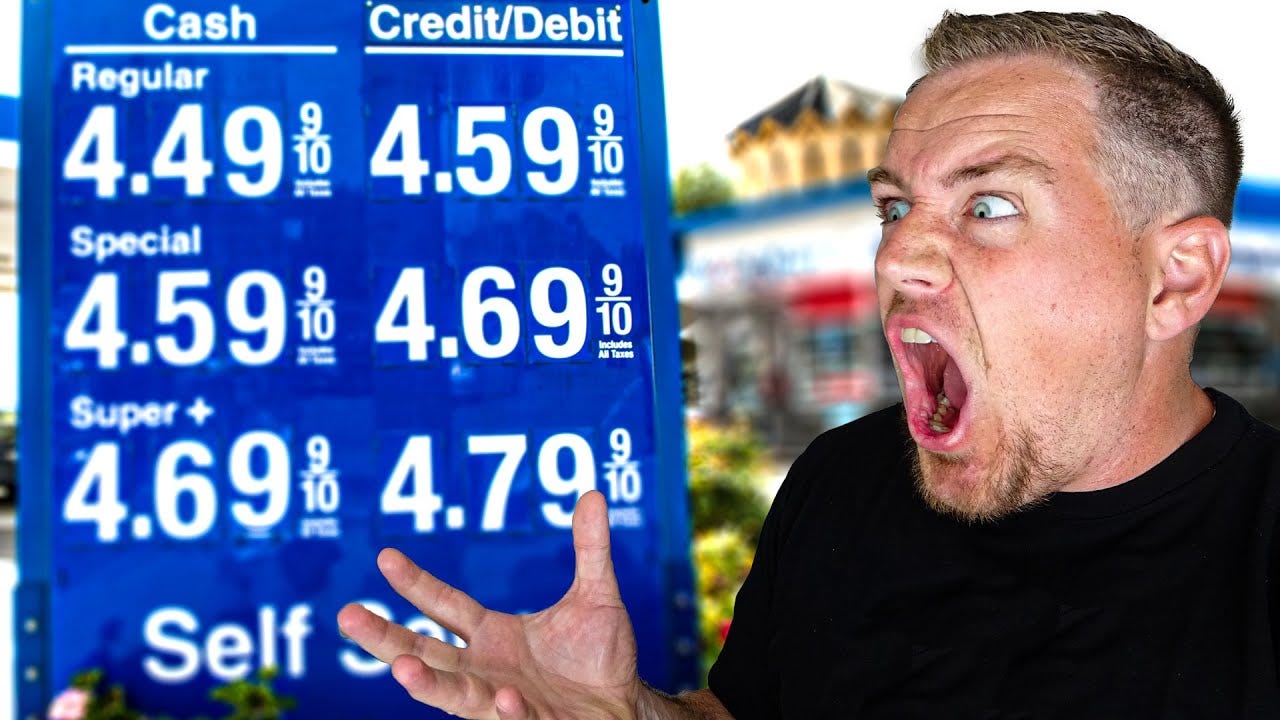As I mentioned on twitter this week, our household is further diversifying our division of labor. My son is 9 and is ready to contribute to mowing the lawn. It made me see an interesting pattern in the work habits of my children.
When they get a new responsibility, they are so eager to contribute. Months ago I recruited my 4 year-old daughter to help me take out bathroom trashes. She ran to grab a trash bag and she sprinted to each room as she helped me. She loved it. But now when I announce we need to do trashes, she often whines.
My son on the lawn mower was clearly in the eager phase. He was excited to finally do what dad has been doing for years. But certainly there will come a day when he is reluctant to help.
And I notice it in myself. When I start a new school year, I’m excited to teach. By the time March comes, I’m exhausted.
This all demonstrates upward sloping labor supply curves. You supply your first units of labor relatively cheaply—indeed, it might be so fun that you are willing to supply them for free! But eventually you need to be compensated to supply that marginal day of work. And it’s that marginal day that determines your total compensation.
Anyway, it’s pretty great to see basic economic principles so clearly in children.
Inflation
The big economic news this week will be the announcement of May’s CPI numbers. So in this week’s video I talk about inflation and give my guess for May’s numbers (with last week’s Freakonomics video, that’s two forecasts in a row! can you believe it?).
But inflation is not the only thing I discuss! It’s an episode of #NominalTalk, and I’m experimenting with covering multiple topics. It’s a selection of some of my favorite recent economics stories. Here are the stories I comment on:
Boom Supersonic aims to fly 'anywhere in the world in four hours for $100'
Only 2.5% of a restaurant delivery bill goes to the tech company profit.
Disney’s parks division generated more than twice the revenue and profit of its studio division.
Since this is a new format, I’d appreciate your feedback! Is this something I should do regularly?
Beautiful Book
This tweet crossed by feed, and it cost me money. The cover of this book stopped me. It was beautiful. So I went to the page to order it without even knowing what it was about. When I discovered it was a history of Silicon Valley, I immediately preordered.
Anyway, I guess the story is supposed to demonstrate two things. First, something something something about behavioral economics. Second, and more importantly, it looks like an interesting book and you should check it out.






